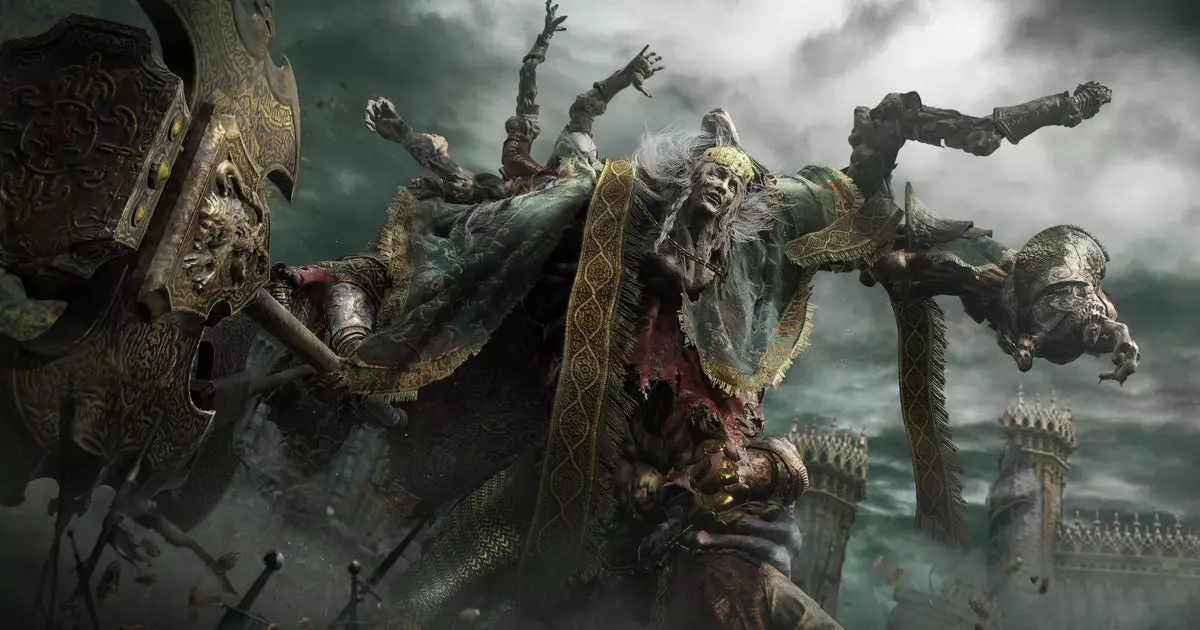In today’s gaming landscape, the trend of corporate consolidation is transforming how studios operate and how games are developed. Sony’s potential acquisition of Kadokawa, the parent company of beloved developers like From Software, exemplifies this phenomenon. Such mergers are often portrayed as beneficial, promising the expansion of intellectual properties and resources. However, they can also lead to a homogenization of creativity and a narrowing of market competition. The implications of Sony’s desire to absorb Kadokawa warrant a deeper examination.
At the heart of Sony’s interest in Kadokawa lies a treasure trove of franchises that resonate deeply with gamers. From Software has produced iconic titles such as the Dark Souls series, which not only challenged players but has also cultivated a dedicated community. Furthermore, franchises like Danganronpa and Octopath Traveler represent rich storytelling and innovative gameplay. Sony’s strategy seems to focus on acquiring these valuable IPs to bolster its gaming portfolio. In this regard, it’s not surprising that multinational corporations see such acquisitions as critical to maintaining competitive relevance in the evolving market.
However, with great power comes great responsibility—or in the case of gaming corporations, potentially harmful monopolistic practices. If the acquisition of Kadokawa is finalized, Sony would have significant control over various beloved franchises. This could lead to a situation where creative risks are stifled in favor of profit-driven, formulaic productions aimed at mainstream audiences. As the gaming industry pushes for innovation, the tendency for mega-corporations to prioritize safe bets over unique, daring projects can threaten the diversity of the medium.
The prospect of exclusivity becomes more complicated in the context of ongoing corporate mergers. While Sony may leverage its ownership to create exclusive experiences—similar to the exclusive Bloodborne—it’s essential to consider the current climate of gaming. True exclusives are becoming increasingly scarce, with publishers tending to favor time-limited exclusivity that ultimately leads to broader access across multiple platforms. As gamers, the anticipation of waiting for a title to eventually arrive on our preferred platform can be both exciting and frustrating, reinforcing the idea that gaming should be more accessible.
The Future for Kadokawa’s Game Projects
Meanwhile, Kadokawa’s future following a potential takeover raises questions about its ongoing projects. Despite suffering a ransomware attack that impacted operations, the company recently disclosed a healthy pipeline with 26 game projects in development. It remains uncertain how these titles will be integrated into Sony’s overarching gaming strategy. Will they maintain their unique identities or be molded into something more aligned with Sony’s brand? The decision will define the creative trajectories of these games and their potential influence on gamers.
Ultimately, while Sony’s interest in Kadokawa can be seen as a strategic move to fortify its gaming empire, it presents a multifaceted mix of opportunities and challenges. As the industry continues to grapple with corporate consolidation, gamers must stay vigilant about the implications of such mergers on creative freedom, platform access, and the diversity of future gaming experiences. Balancing profit with artistic integrity remains a critical endeavor that the gaming community must advocate for, ensuring that the industry does not merely become another cog in the corporate machine.

